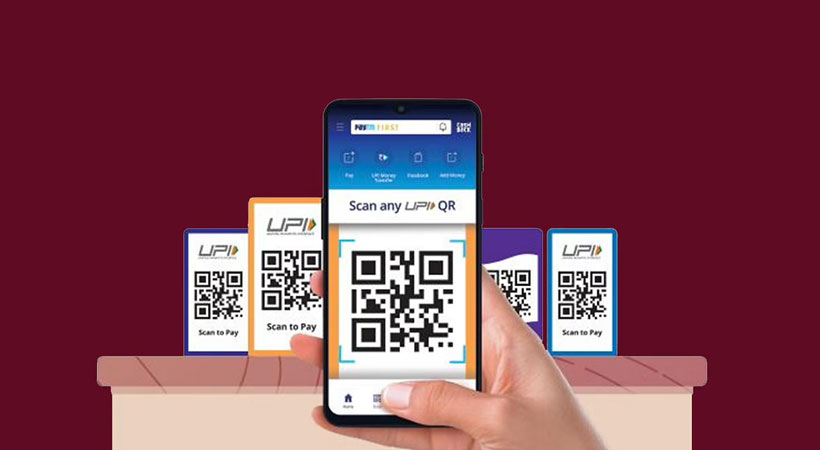The total number of Unified Payments Interface (UPI)-based payments hit a new milestone with 207 crore transactions in October, according to the National Payments Corporation of India (NPCI). It had touched 100 crore transactions in October last year. According to the data, the 207 crore transactions were worth Rs3.8 trillion, up from Rs.3.2 trillion in September. As of October, 189 banks were using this UPI platform developed by the NCPI. The platform has seen tremendous growth over the last eight months as the limited use of cash has forced users and businesses to shift priorities to online payments nearly overnight.
The UPI digital payment platform has grown in volume every month since its launch in 2017, barring the April-May period during the nationwide lockdown. However, it witnessed a sharp recovery from June onwards.
A nationwide lockdown in the wake of the coronavirus outbreak also pushed for the country’s digital transactions. Even elders have also started relying on UPI bases transactions for regular needs. The home delivery system which became common during the outbreak, has also helped to increase the UPI payments.
Even RBI has advised opting for digital payments in all sectors due to the corona virus’s spread through currency’s physical exchange. This has made many companies to take prepaid orders only and to make digital payments for all transactions. Meanwhile, people have also started to get the hang of it. Cashbacks, scratch cards and various offers are attracting people to make digital payments. People have understood the speed and convenience of these online transactions. A person can pay all his bills, including mobile recharge, electricity bill, dish top-up and even water bills, online. This has made it easier for people to accept online payments. This October, e-commerce sites such as as Amazon and Flipkart were only accepting online payments as they were having more deliveries due to their mega offering sales. They also mentioned that they do not provide ‘cash on delivery’ payment option to reduce physical contact between the delivery person and the customer. The acceptance of digital payments might give prior importance to cashless payments in the future. And moreover, all these transactions are easy and secure. As of now, this change is helping to overcome the spread of the virus by avoiding physical contact made through cash exchange.



















